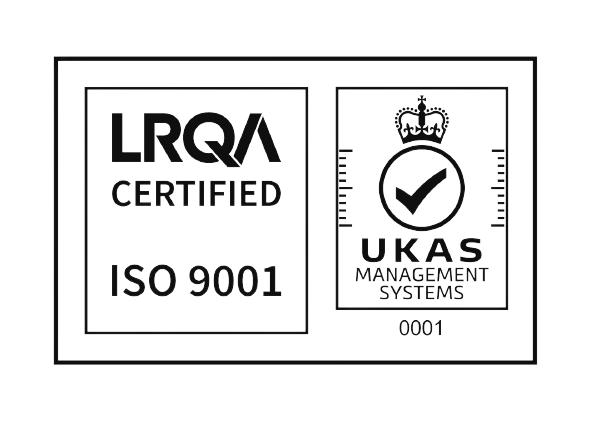FINDING THE RIGHT SEALANT FOR YOUR ACTIVITY
Thursday, December 10th, 2020
There are hundreds of different sealants and adhesives – that doesn’t make it easy to choose the most qualified product for your exact application, even for a professional! Three of the most used glues and sealants are silicones, painter’s or acryl sealants and MS polymers. They all have their strengths and weaknesses, but once you know them, making the right choice is much easier! Time to give you a nice and easy overview.
WHAT ARE SILICONES?
Silicones are a popular choice for professionals in various industries due to their unique properties that make them ideal for flexible sealing applications. These synthetic polymers have a unique chemical structure that makes them extremely versatile, durable and resistant to harsh conditions.
- Flexibility: Silicones always preserve their flexibility, making them ideal for applications that require a flexible seal.
- Weather and UV resistance: Silicones have good resistance to bad weather and UV, making them ideal for outdoor and marine applications.
- Less binding: Silicones have less binding capacity than other adhesives, so they are not recommended for gluing materials.
- Not paintable: Silicones are often not paintable, making them not suitable for applications where the bond will be visible and aesthetic is important.
- Only usable on dry surfaces: Silicones are only usable on dry surfaces, making them not suitable for applications where moisture is present.
WHAT ARE PAINTING OR ACRYLIC SEALANTS?
Painting or acrylic sealants, also known as paintable sealants, are commonly used in the construction and painting industries. Due to their form stability, they are ideal for sealing walls and windows, especially during preparation for painting or finishing of joints in masonry and plasterwork.
The Strengths of Painting or Acrylic Sealants
- Good form stability: Painting or acrylic sealants retain their shape, which means they are suitable for sealing surfaces that do not change shape after drying, such as walls and windows.
- Easy to smooth: Painting or acrylic sealants are easy to smooth, giving the sealant a professional appearance.
- Quick and easy to paint over: Painting or acrylic sealants dry quickly and are easy to paint over, allowing you to continue your painting work quickly.
- Weak elasticity: Painting or acrylic sealants have weak elasticity, which means they are not suitable for sealing surfaces that move or expand regularly, such as bathrooms or kitchens.
- Not water resistant: Painting or acrylic sealants are not water resistant, so they are not suitable for sealing in areas with regular water presence, such as bathrooms and kitchens.
WHAT IS MS POLYMER?
MS polymer is a versatile adhesive solution that combines the best properties of silicones, acrylics, and traditional adhesives. This product is ideal for a wide range of applications, making it a popular choice for professionals in various industries.
The Strengths of MS Polymer
- Strong Bonding Capabilities: MS polymer offers excellent bonding capabilities on a variety of materials, making it suitable for various projects.
- Flexibility and Shock Resistance: The flexibility and shock resistance of MS polymer make it a great choice for applications where the bond will be subject to movement or impact.
- Suitable for Moist Surfaces: Unlike other adhesives, MS polymer can be applied to surfaces that are slightly moist, making it ideal for outdoor and marine applications.
- Great Paintability: MS polymer is paintable, making it a great option for applications where the bond will be visible and aesthetic is important.
- Eco-Friendly: MS polymer is not harmful to the environment, making it a responsible choice for professionals looking for sustainable solutions.
- Less Color consistency: The color of the MS polymer may not be as consistent as some other adhesives, so this should be considered when selecting it for applications where color matching is important.
- Weak resistance against UV: MS polymer may not be the best option for applications where the bond will be exposed to prolonged UV exposure as it has less resistance than some other products.
Screwing or gluing?
Mounting materials can be done in two different ways. Some professionals are using screws and bolts on a daily base. Others, on the contrary, use a glue gun. But what’s the best thing to do?
There are quite a few differences between these two methods. A glue is much more flexible than a mechanical attachment. Working with adhesives means you don’t have any troubles with noise pollution, vibrations or dust. Very convenient when you are working at people’s homes. Furthermore, a glue spreads the power to the whole surface of the materials attached to each other.
A glue is often an easier product to work with, but not in every situation. When a surface is not dust free or dry, it’s prudent to use your screw-driver or drill.
Gluecom also has an assembly adhesive to offer: MX 11000 is a PU adhesive which is perfectly suitable to bond several materials (wood, metal, stone, plastic, concrete, PU foam, rockwool,…) to each other.



 Deutsch
Deutsch
 English
English
 Français
Français
 Nederlands
Nederlands

